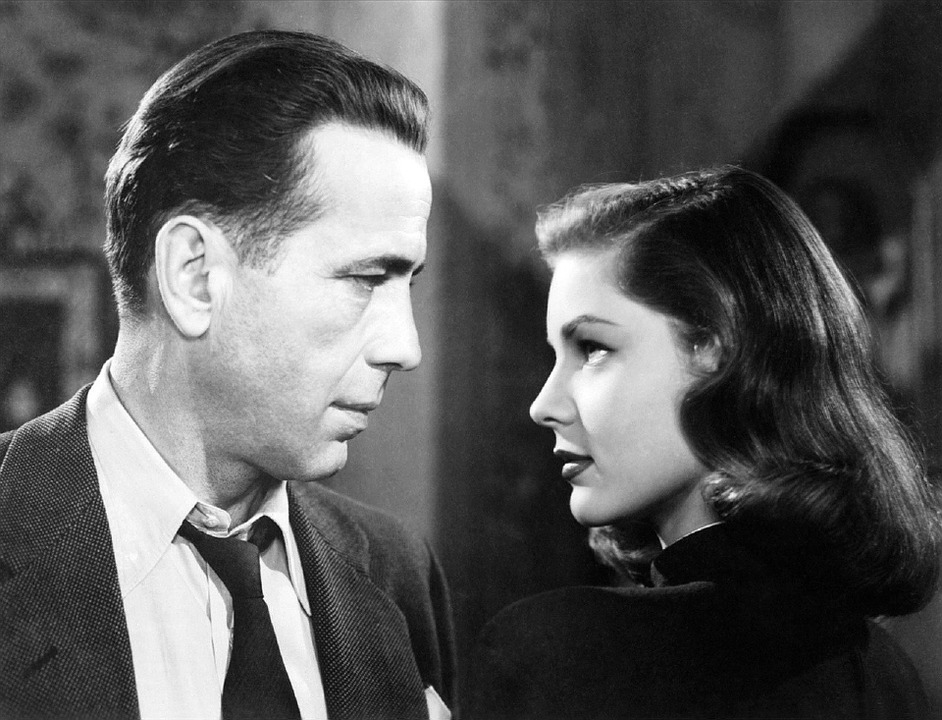 Hi everyone. I’ve been stressed by the elections, so couldn’t focus on a serious post. So here are some #awesomenonprofitquotes by famous people if they had worked in nonprofit. Happy Monday!
Hi everyone. I’ve been stressed by the elections, so couldn’t focus on a serious post. So here are some #awesomenonprofitquotes by famous people if they had worked in nonprofit. Happy Monday!
I think a lot of these people missed their calling.
- “When they go low, we go why the heck do we keep having silent auctions?” Michelle Obama.
- “Darkness cannot drive out darkness; only light can do that. Hate cannot drive out hate; only bylaws with term limits can do that.” MLK Jr.





